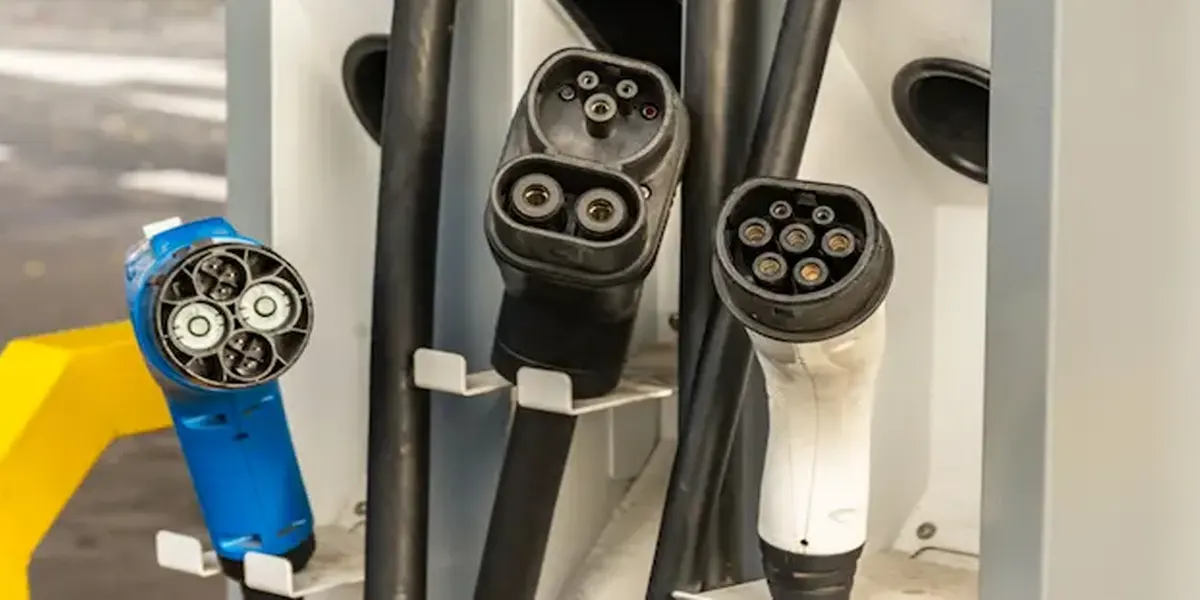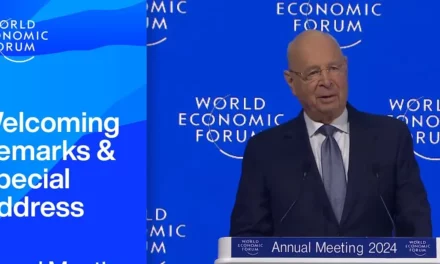Despite the European Commission’s recent announcement to upgrade power grids throughout the European Union (EU) within the next eighteen months, electric vehicle (EV) drivers will have to deal with their disappointment for a protracted period as many of the charging stations throughout the bloc are inoperable due to a lack of power connections.
This is seen very clearly in Spain where half of the EV charging stations owned and operated by fuel company Repsol have lain fallow as these are not connected to the national grid.
What’s Wrong with the System?
A perfect storm caused by bureaucratic red tape and the machinations of conventional fuel advocates is seen as the biggest challenge in the bloc-wide adoption of EVs throughout the EU.
The way permits to connect and operate charging stations is one such issue, as it has taken months for operators to gain approval for commercial EV charging areas. The fact that the rules tend to differ from one country to another further complicates the matter.
As a spokesperson for Repsol puts it, installing fast and ultra-fast charging points is the easy part, as it only takes three weeks at the most. However, the bureaucratic process of acquiring and submitting the documents necessary is what prolongs the process. Indeed, it can take up to two years for a company to set up a charging station in Spain.
Who is at Fault?
ChargeUp Europe, an organization that has given a voice to the EV charging infrastructure sector throughout the EU, has also called out the European Commission for not providing concrete guidelines regarding the issuance of permits, let alone the necessary tools to fast-track the process. Group officials lament that any such guidelines may still take two years before publication and implementation.
In doing so, the European Commission is essentially shooting its plans for attaining its climate goals in the foot, as such hindrances will delay the phasing out of gas- and diesel-powered vehicles.















